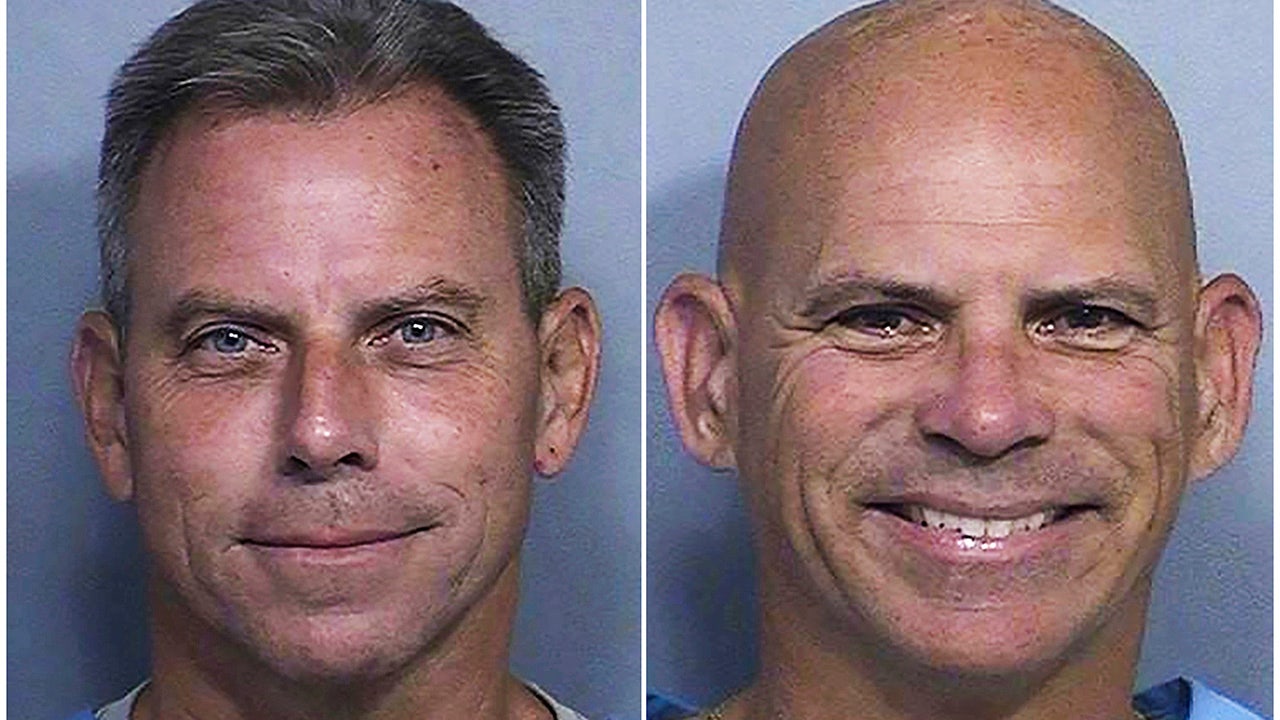United States
New Los Angeles DA Nathan Hochman does not support overturning Menendez brothers’ murder convictions

The case of the Menendez brothers, Lyle and Erik, has been a subjects of intense legal and public debate for decades. Recently, Los Angeles’ newly elected District Attorney, Nathan Hochman, made headlines by asking the court to deny the brothers’ request for a new trial. This decision comes months after former District Attorney George Gascon cited new evidence—a 1988 letter allegedly written by Erik Menendez to his cousin, Andy Cano—detailing claims of sexual abuse by their father, Jose Menendez. The letter was presented as a key argument for why the brothers deserved a new trial, given that it was not introduced during their original trial in the 1990s. Hochman, however, has dismissed the evidence, arguing that it does not meet the high legal standards required to justify a new trial.
Hochman’s reasoning centers on several key points. First, he questioned the credibility of the letter, suggesting that it may not even be authentic. He pointed out that the letter, supposedly written in 1988, was only discovered years later, raising suspicions about its legitimacy. Even if the letter were genuine, Hochman argued, it would not be timely, as it was not presented during the original trial and was only brought forward in 2023—more than three decades after the murders took place. Additionally, Hochman claimed that the letter’s content does not necessarily meet the legal standards for admissibility. In a press conference, he stated, “We looked again at the credibility of the letters, particularly this Andy Cano 1988 supposed letter weighed in the continuum of lies, and it calls into drastic question whether this is in fact a 1988 letter written by Erik Menendez to Andy Cano about this sexual abuse.”
The Menendez brothers’ legal team and family have been vocal in their disappointment and outrage over Hochman’s decision. In a statement shared with Fox News Digital, the family expressed their deep frustration, asserting that Hochman’s actions reopened old wounds and ignored decades of psychological research about the effects of trauma and abuse. They criticized Hochman for disregarding the new evidence and for implying that the brothers’ experiences of abuse were irrelevant to the case. The family argued that the justice system failed the brothers in 1996, when they were first tried and convicted, and that it continues to fail them now by dismissing critical evidence that could have impacted the outcome of their trial. They also accused Hochman of silencing survivors of abuse by discrediting the brothers’ experiences.
The brothers’ supporters further emphasized that the jury in their second trial never heard the full truth, as key testimony was withheld at the time. They accused Hochman of political motivations, pointing out that he had campaigned on taking politics out of prosecutorial decisions but was now acting in a way that seemed deeply partisan. The family called on the court to consider the evidence without prejudice and to adhere to California law, particularly in light of modern understandings of trauma and its impact on behavior. They also expressed hope that Governor Gavin Newsom, who currently has the brothers’ clemency petition on his desk, would take their rehabilitation and contributions to society into account.
Hochman, for his part, has maintained that his office will follow the legal process, regardless of the outcome. If the court does not deny the current habeas petition outright, the next step would be for the court to issue an order to show cause, which would require the defense to present further arguments. Hochman has made it clear that his office will continue to oppose the petition, refiling their arguments as necessary. Meanwhile, the brothers’ resentencing issue is set to be addressed in the coming weeks, adding another layer of complexity to an already fraught case.
The Menendez brothers’ case has long been a polarizing one, with debates over guilt, innocence, and the fairness of their trial continuing to divide public opinion. While some view the brothers as cold-blooded killers who murdered their parents in a desperate bid for wealth and attention, others see them as victims of circumstance, driven to violence by years of psychological and physical abuse. The recent developments in their case have reignited these debates, with supporters of the brothers calling for a fair reconsideration of their sentences and opponents arguing that they have already received too many chances.
Ultimately, the Menendez brothers’ case serves as a stark reminder of the complexities of the justice system and the challenges of balancing legal standards with human understanding. As the legal process continues to unfold, the brothers’ family remains hopeful that the truth will finally be acknowledged and that justice will be served—though their understanding of what justice looks like may differ starkly from that of the prosecutors and the public. For now, the brothers’ fate remains in the hands of the courts and Governor Newsom, as they await a decision that could change the course of their lives forever.